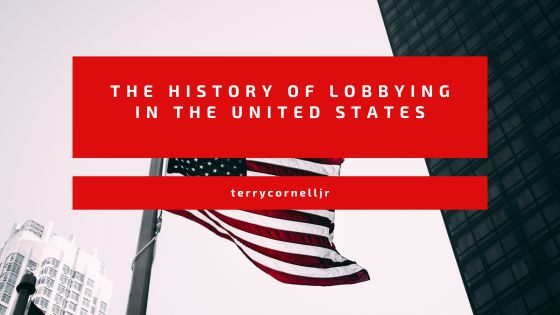Lobbying, attempting to influence government policies and decisions, has a long and storied history in the United States. From its early roots in the colonial period to its current status as a significant industry, the history of lobbying in the United States is a fascinating and complex subject.
Early History
The practice of lobbying in the United States can be traced back to the colonial period when groups of individuals gathered to petition their government for a redress of grievances. These early lobbying efforts were often directed at the British government and were frequently met with resistance and repression.
Following the American Revolution, lobbying became more common and accepted as citizens sought to influence the newly-formed government to protect their interests. Throughout the 19th century, lobbying grew important as industrialization and economic expansion created new opportunities for wealth and power.
The Rise of Interest Groups
In the early 20th century, interest groups emerged as a powerful force in American politics. These groups, representing a wide range of interests and causes, could use lobbying to promote their goals and objectives.
During this time, lobbying became more organized and professional, with many interest groups hiring full-time lobbyists to represent their interests in the halls of government. These lobbyists were often well-connected individuals with extensive knowledge of the political process and were able to exert significant influence over lawmakers and policymakers.
Regulation and Reform
As the influence of interest groups and lobbyists grew, concerns began to emerge about the potential for corruption and undue influence in the political process. In response, a series of regulatory and reform measures were introduced to help ensure that lobbying activities were conducted transparently and ethically.
One of the most significant measures was the Lobbying Disclosure Act of 1995, which required lobbyists to register with the federal government and disclose information about their clients and activities. This law helped to increase transparency in lobbying activities and has been credited with improving the integrity of the political process.
The Modern Era
Today, lobbying is a significant industry in the United States, with hundreds of millions of dollars spent annually by interest groups and other organizations seeking to influence government policies and decisions. While many lobbying activities are conducted responsibly and ethically, concerns about the potential for corruption and undue influence in the political process continue to exist.
Despite these concerns, lobbying remains an essential means by which individuals and organizations can advocate for their interests and causes. As such, the history of lobbying in the United States is a complex and fascinating subject that continues to shape the country’s political landscape today.
